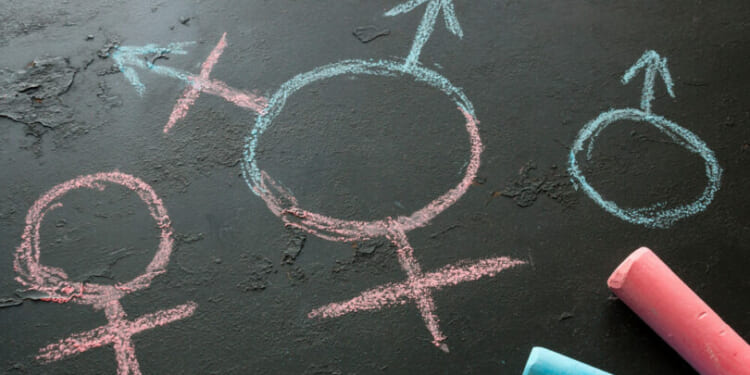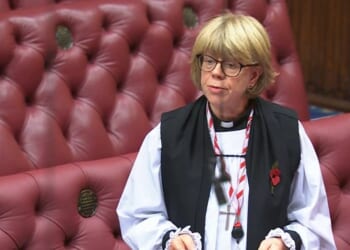(LifeSiteNews) — European Union countries should work to remove any limits on gender-confused children identifying as the opposite sex, according to a new report.
The European Commission made the recommendation in its “Union of Equality LGBTIQ+ Equality Strategy 2026-2030” document.
“Requirements for legal gender recognition vary significantly across Member States,” according to the report. “While a number of Member States have adopted self-determination models, others impose medical procedures, which the European Court of Human Rights has found may infringe human rights.”
“The Commission will facilitate exchanges of best practices among Member States to support the development of legal gender recognition procedures based on self-determination that are free from age restrictions,” the report states.
However, a family rights expert criticized the recommendations in comments to LifeSiteNews.
Allowing kids to simply claim they are the opposite sex without any preconditions “runs counter to the trends of the national laws of many European countries which have recently adopted legislation banning transgender surgeries on minors, and are limiting transgender affirmation for minors,” Stefano Gennarini, vice president for legal studies at the Center for Family and Human Rights (C-FAM), told LifeSiteNews via email.
The proposal is a “terrible idea” and “probably a crime against humanity,” Gennarini said. “You would think that Europeans had learnt their lesson about the danger of scientific experimentation on humans after the calamity of Nazism. Sadly, they haven’t.”
He also pointed out that most children will grow out of gender confusion and “[t]he scientific evidence of how harmful transgender affirmation is to children is overwhelming.” Suicide risk is actually higher once gender-confused kids start the drugs and surgeries, he said.
The report also criticized the EU for not including “hate speech” in its laws. The report claims LGBT people are regular targets of “cyber incitement to violence” and called for government censorship of ideas it considers “hate speech.”
And yet, the problem on social media is that it has too much pro-transgender content, Gennarini said.
He told LifeSiteNews:
We also know that children are developing transgender ideation as a result of social contagion, especially through social media. And there is a growing cohort of victims of these scientific experiments who express their regret. But instead of telling tech giants to protect children from transgender ideology, the EU Commission tells them to censor and suppress any attempts to oppose transgender ideology.
Suppress ‘hate speech’ and pursue ‘equality for all,’ report demands
The strategy document lays out the commission’s goal to pursue “equality for all.”
The report explicitly says it uses “intersectionality,” which means taking into account a variety of characteristics about someone (i.e. racial identity and sexual preference).
The strategy “will address how the combination of sexual orientation, gender identity/expression and sex characteristics with other personal characteristics or identities, such as sex, racial or ethnic origin, religion or belief, disability and age, contributes to unique experiences of discrimination.”
“In this way, it complements existing and upcoming EU initiatives to promote equality for all,” the commission argues.
As would be expected, the report also criticizes what it calls “conversion practices” which seek to dissuade people from indulging their homosexual inclinations or claiming to be the opposite sex.
Such “interventions” are “deeply harmful,” the EU Commission claims.
However, as alluded to by Gennarini, European medical experts have warned against the rush to let gender-confused kids take permanently damaging drugs and surgeries – even in countries typically considered as socially liberal.
As previously reported by LifeSiteNews, the British National Institute for Health and Care Excellence concluded that studies cited to justify chemical interventions on gender-confused kids were not trustworthy but were still used to promote puberty blocking drugs. “The quality of evidence for these outcomes was assessed as very low certainty using [a] modified [evidence review].”
The French Academy of Medicine released a statement in 2022 that concluded that children should not be given puberty blockers.
“Great medical caution must be taken in children and adolescents, given the vulnerability, particularly psychological, of this population and the many undesirable effects, and even serious complications, that some of the available therapies can cause,” the medical group wrote. “In this respect, it is important to recall the recent decision (May 2021) of the Karolinska University Hospital in Stockholm to ban the use of hormone blockers.”

















